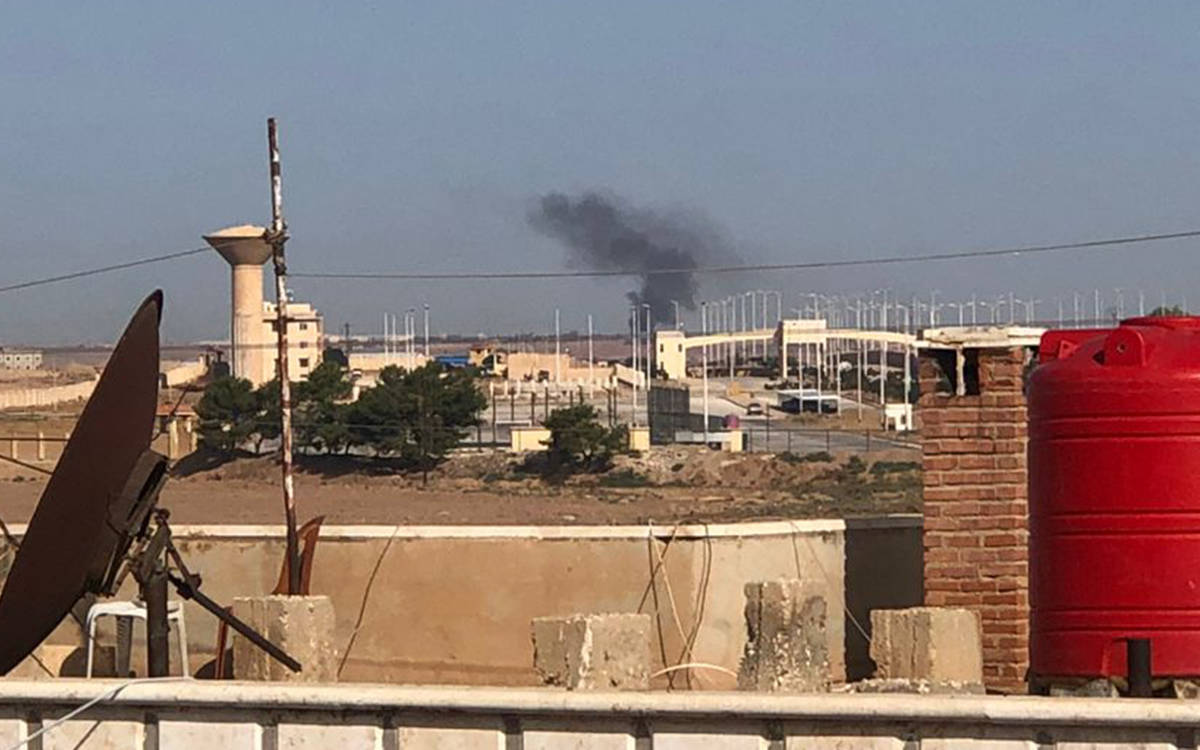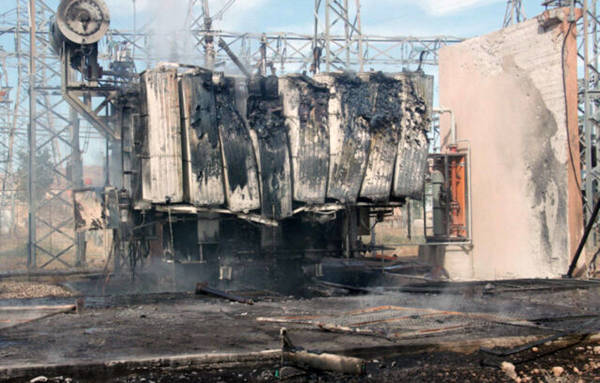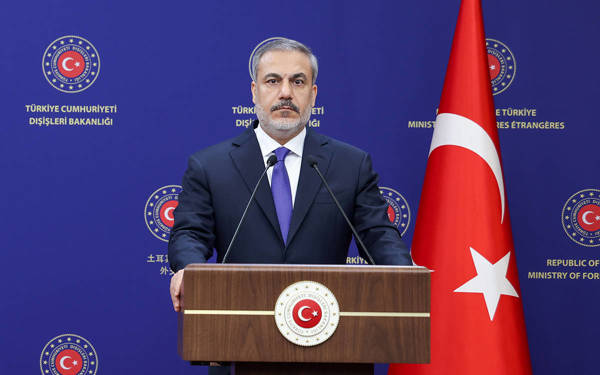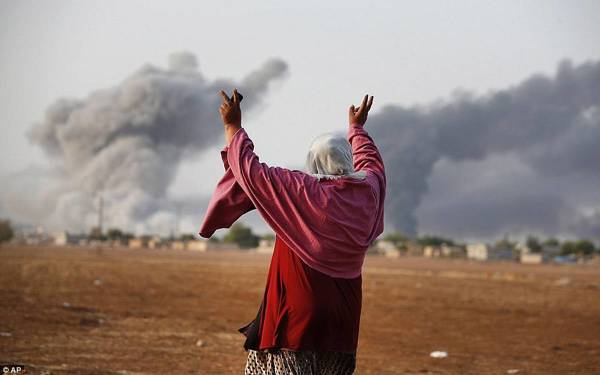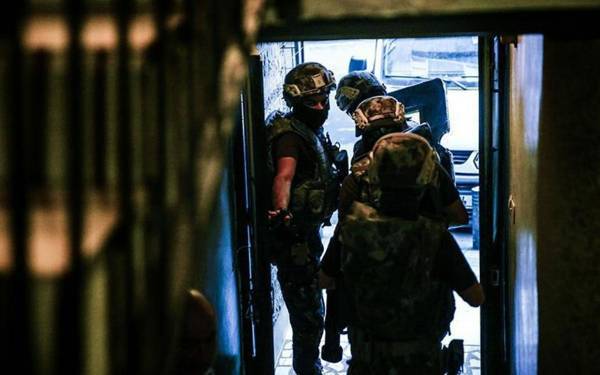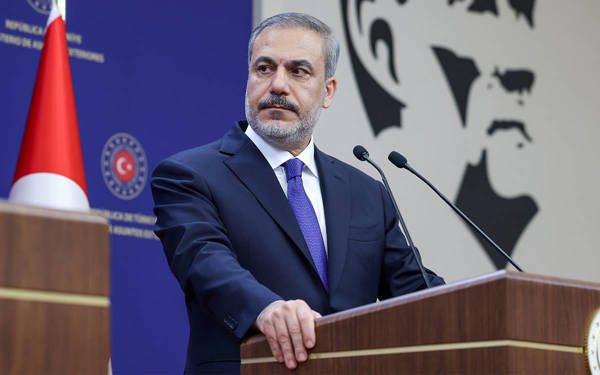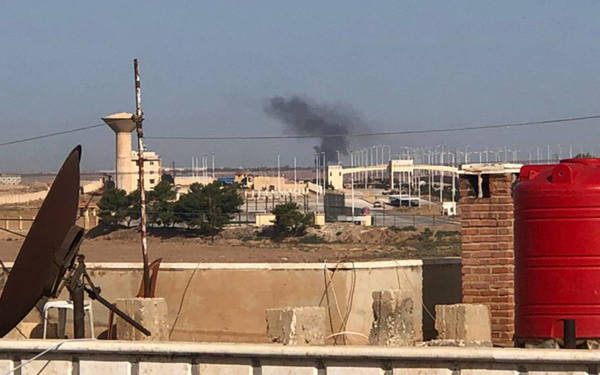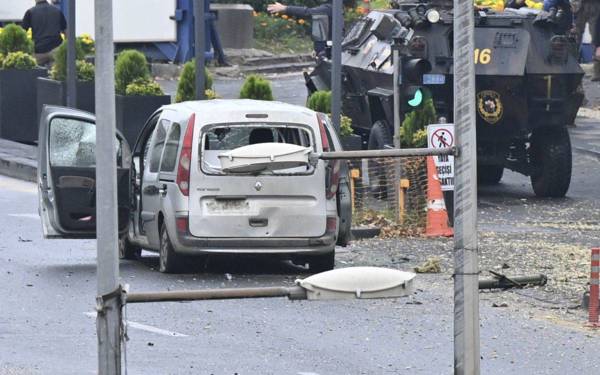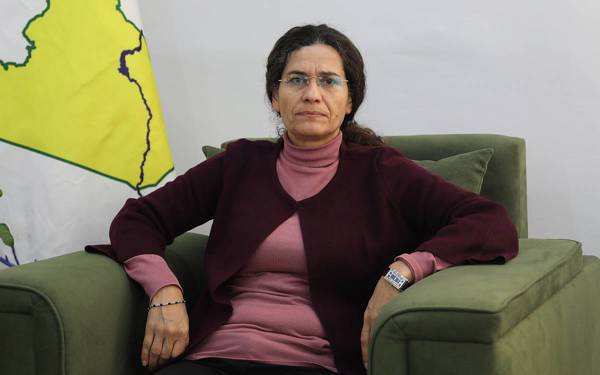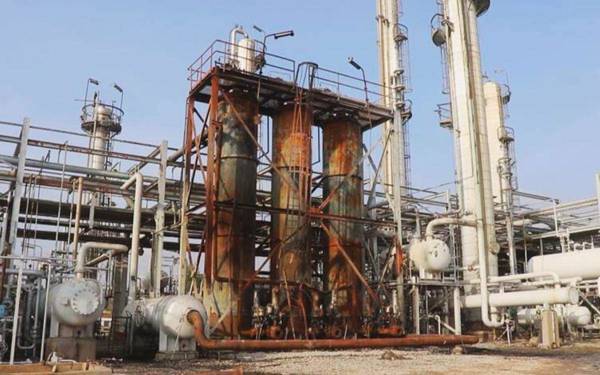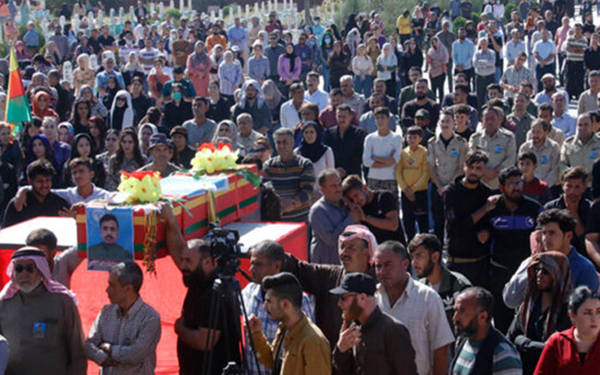Following the claim of responsibility by the PKK for the October 1 attack in Ankara, Turkish military airstrikes in regions controlled by the Autonomous Administration of Northern and Eastern Syria have intensified.
The London-based Syrian Observatory for Human Rights (SOHR) reported that at least six people lost their lives and two others were injured as a result of an airstrike on the village of Til Hebeş in the Amude district of the Hasakah province.
The observatory noted that the number of airstrikes conducted during the day had risen to nine, resulting in the deaths of at least eight individuals and injuries to five others.
Hawar News Agency (ANHA), based in Rojava, reported that the TSK targeted the village of Mişêrfa Himê, located on the Hasakah-Til Temir road, Çilaxa in the northeast of Hasakah, and Tavila village west of Tel Tamer with armed unmanned aerial vehicles (UAVs), locally known as SİHA. While ANHA reported casualties and injuries resulting from these attacks, no precise numbers were provided.
Claim of Turkish UAV downing
Lebanon-based El-Meyadin television alleged that a Turkish UAV (Bayraktar SİHA) was downed in the skies over the Tel Baydar village in northern Hasakah. This region houses a military base where U.S. forces are stationed.
The Syrian Observatory for Human Rights shared a video on its social media account with a note stating, "The international coalition led by the United States shot down a Bayraktar SİHA belonging to the TSK, which approached the airspace of the Tel Baydar base."
Condemnation from autonomous administration
The Autonomous Administration of Northern and Eastern Syria expressed its opposition to the attacks on the region, declaring, "We strongly reject and condemn the threats made by the Turkish state." According to ANHA, the Autonomous Administration called on the international coalition led by the United States, Russia, and the international community to halt the attacks. They emphasized that Turkey not only targets the issues in Syria but also endangers the way of life of the people in Northern and Eastern Syria, thereby exacerbating humanitarian suffering.
Background
The PKK's armed wing, the People's Defense Forces (HPG), claimed responsibility for the October 1st attack targeting the General Directorate of Security in Ankara. Following the attack, the Turkish Armed Forces (TSK) carried out airstrikes in the Metina, Hakurk, Kandil, and Gara regions within the territories of the Kurdistan Regional Government in Iraq (KRG).
On October 4th, Turkish Foreign Minister Hakan Fidan stated that the two HPG members responsible for the Ankara attack had come from Syria. He declared that all infrastructure, superstructure facilities, and energy installations belonging to the PKK and YPG in Iraq and Syria were legitimate targets for Turkish security forces. He advised third parties to stay away from PKK/YPG-affiliated facilities and individuals.
On the same day as Fidan's statement, Turkish UAVs conducted a series of airstrikes targeting areas controlled by the Autonomous Administration of Northern and Eastern Syria.
Mazlum Abdi, General Commander of the Syrian Democratic Forces (SDF), stated, "The perpetrators of the Ankara attack did not pass through our region, as Turkish officials claim. We are not a party to the internal conflict in Turkey, and we do not encourage escalation." (VC/VK)





